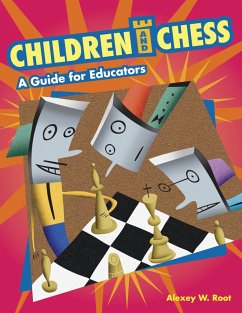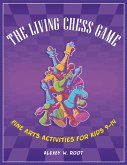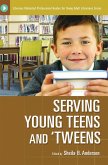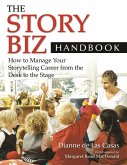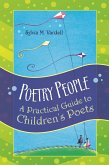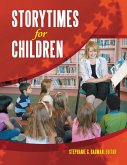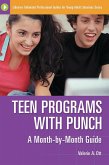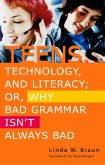This book helps educators and librarians prepare students to succeed in University Interscholastic League (UIL) Chess Puzzle.
Children and Chess: A Guide for Educators is the first book to show the connection between accepted educational theories and chess. It features lesson plans teachers can use immediately, and from which they can learn the basics of the game. Since the plans meet academic goals through chess, teachers also learn that chess can be a part of reading, math, science, and social studies. An appendix showing how chess meets the requirements of curriculum standards is another plus.
Children and Chess: A Guide for Educators is the first book to show the connection between accepted educational theories and chess. The relationship of chess to academic and humanistic educational goals is convincingly illustrated as curriculum and psychological theories from John D. McNeil, Mihaly Csikszentmihalyi, and Howard Gardner are outlined and applied to the question why chess? Children and Chess features lesson plans teachers can use immediately, and from which they can learn the basics of the game. Since the plans meet academic goals through chess, teachers also learn that chess can be a part of reading, math, science, and social studies. An appendix showing how chess meets the requirements of curriculum standards is another plus. Grades 4-8.
Children and Chess: A Guide for Educators is the first book to show the connection between accepted educational theories and chess. It features lesson plans teachers can use immediately, and from which they can learn the basics of the game. Since the plans meet academic goals through chess, teachers also learn that chess can be a part of reading, math, science, and social studies. An appendix showing how chess meets the requirements of curriculum standards is another plus.
Children and Chess: A Guide for Educators is the first book to show the connection between accepted educational theories and chess. The relationship of chess to academic and humanistic educational goals is convincingly illustrated as curriculum and psychological theories from John D. McNeil, Mihaly Csikszentmihalyi, and Howard Gardner are outlined and applied to the question why chess? Children and Chess features lesson plans teachers can use immediately, and from which they can learn the basics of the game. Since the plans meet academic goals through chess, teachers also learn that chess can be a part of reading, math, science, and social studies. An appendix showing how chess meets the requirements of curriculum standards is another plus. Grades 4-8.

